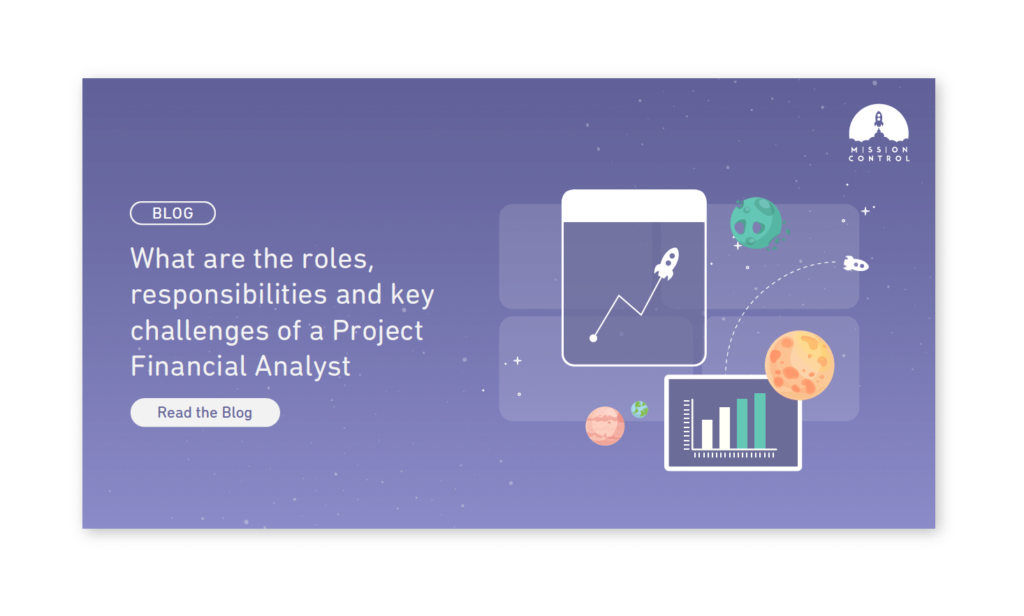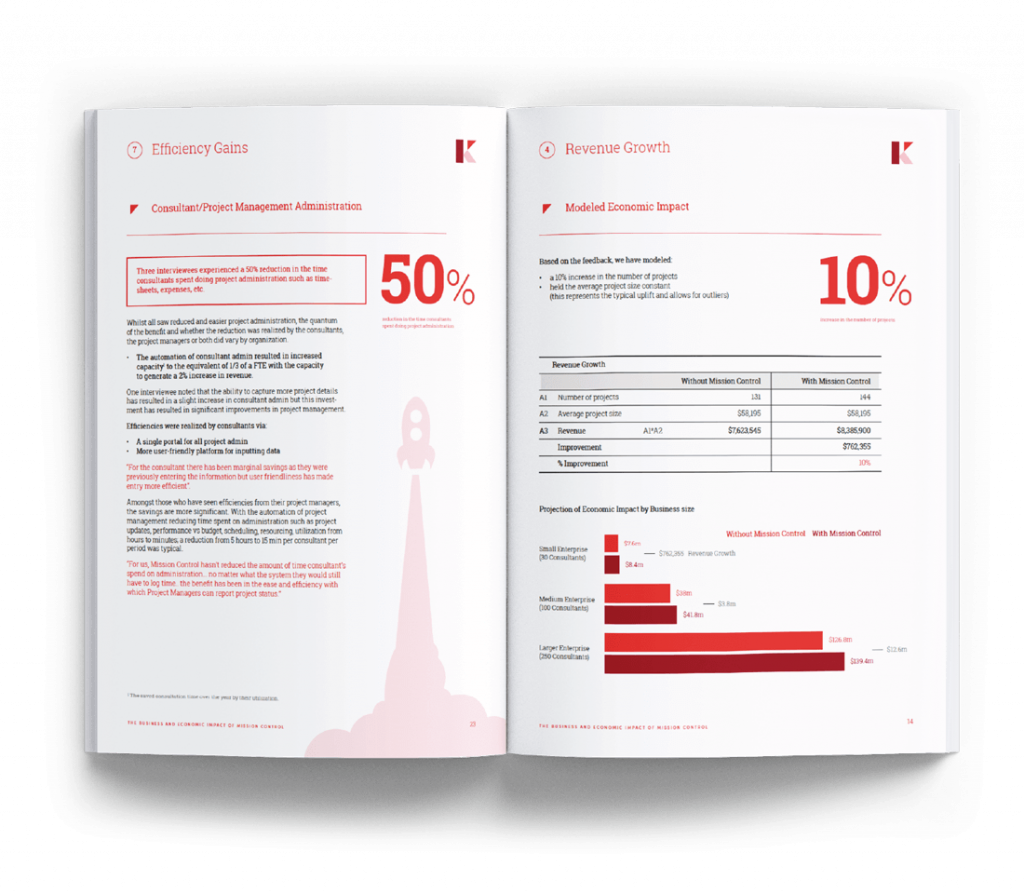A Project Financial Analyst plays a crucial role in monitoring, analyzing, and reporting on the financial aspects of projects within an organization. Their responsibilities typically include financial planning, budgeting, forecasting, and providing insights into the financial performance of projects. Here are the key roles, responsibilities, and challenges associated with the position:
Roles and Responsibilities:
- Financial Planning:
- Collaborate with project managers and other stakeholders to develop project budgets.
- Create financial models and forecasts to support project planning and decision-making.
- Budgeting and Monitoring:
- Monitor project expenditures against approved budgets.
- Identify and communicate any significant budget variances.
- Work with project managers to address financial issues and optimize resource allocation.
- Financial Analysis:
- Conduct financial analysis to assess the profitability and financial health of projects.
- Provide insights into cost drivers and recommend cost-saving measures.
- Reporting:
- Prepare regular financial reports for project stakeholders.
- Communicate financial performance, risks, and opportunities to management.
- Compliance:
- Ensure that projects adhere to financial policies, regulations, and accounting standards.
- Assist in internal and external audits related to project finances.
- Forecasting:
- Develop and update financial forecasts based on project progress and changes in scope.
- Anticipate and communicate potential financial risks and opportunities.
- Collaboration:
- Collaborate with cross-functional teams, including project managers, procurement, and accounting teams, to ensure accurate and timely financial information.
- Advisory Role:
- Provide financial insights and advice to project managers and leadership.
- Assist in decision-making by offering financial perspectives on various project-related matters.
Key Challenges:
- Data Accuracy:
- Ensuring the accuracy and reliability of financial data can be challenging, especially when dealing with multiple sources of information.
- Project Complexity:
- Managing financial aspects becomes more complex in large and multifaceted projects with various stakeholders and changing scopes.
- Resource Allocation:
- Optimizing resource allocation and balancing the trade-off between cost and project deliverables can be challenging.
- Forecasting Accuracy:
- Accurately predicting future financial outcomes, considering uncertainties and changes in project dynamics, is a common challenge.
- Communication:
- Effectively communicating financial information to non-financial stakeholders requires strong communication skills.
- Regulatory Compliance:
- Staying abreast of changing regulations and ensuring project compliance can be demanding.
- Integration with Project Management:
- Collaborating with project managers and integrating financial considerations into project management processes can be challenging but is essential for successful project outcomes.
Benefits of working with or hiring a Project Financial Analyst
Working with a project finance analyst can offer several benefits for individuals, companies, and organizations involved in complex projects. Here are some key advantages:
- Financial Analysis and Modeling: Project finance analysts specialize in financial analysis and modeling. They can create detailed financial models that help in assessing the feasibility of a project, evaluating risks, and estimating potential returns.
- Risk Assessment: Project finance analysts are trained to identify and assess various types of risks associated with a project. They can conduct thorough risk assessments, including market risks, regulatory risks, and financial risks, providing valuable insights to mitigate potential challenges.
- Cost-Benefit Analysis: These analysts are skilled at performing cost-benefit analyses, helping stakeholders understand the financial implications of different project decisions. This is crucial for making informed choices and optimizing resource allocation.
- Structuring Financing Deals: Project finance analysts are experts in structuring financing deals for projects. They can help design financial packages that attract investors and lenders while aligning with the project’s goals and risk profile.
- Financial Planning: Analysts can assist in creating comprehensive financial plans for projects. This includes budgeting, cash flow forecasting, and determining the optimal capital structure to support the project’s financial sustainability.
- Due Diligence: Project finance analysts conduct thorough due diligence, examining legal, financial, and operational aspects of a project. This is essential for identifying potential pitfalls and ensuring that all necessary information is considered before proceeding.
- Negotiation Support: During negotiations with investors, lenders, and other stakeholders, project finance analysts can provide support by analyzing terms and conditions, assessing the financial impact, and helping to strike favorable deals.
- Compliance Management: Analysts are knowledgeable about regulatory requirements and can assist in ensuring that a project adheres to relevant financial and legal standards. This helps in avoiding legal complications and regulatory issues.
- Performance Monitoring: Once a project is underway, project finance analysts can monitor financial performance against projections. This involves comparing actual results with forecasts, identifying variances, and recommending adjustments as needed.
- Investor Relations: For projects with external investors, project finance analysts can act as a bridge between the project team and investors. They provide regular updates, address investor concerns, and help maintain a positive relationship.
- Decision Support: Project finance analysts offer valuable insights that can aid decision-making at various stages of a project. Their financial expertise helps stakeholders make informed choices that align with overall project objectives.
In summary, a Project Financial Analyst plays a pivotal role in ensuring the financial success of projects by providing accurate data, insightful analysis, and strategic guidance to project teams and management. The position requires a combination of financial expertise, analytical skills, and effective communication.
Mission Control, the Salesforce Project Management Software application. We have dozens of features that can help Project Financial Analysts do their job including Project Financials, Revenue Recognition and Role Utilisation. If you are keen to take a closer look at our platform you can head to our demo request form. Make sure you check out our other Project Management Best Practices.





